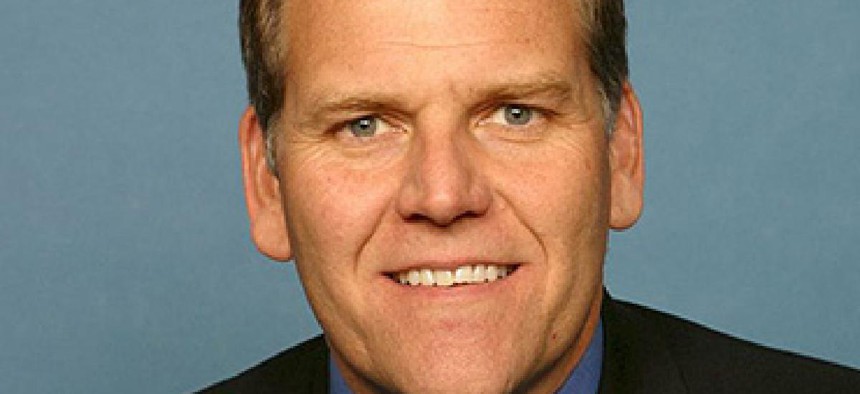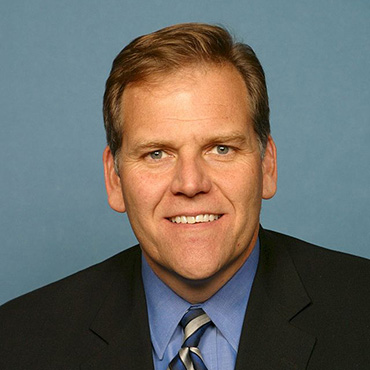Former House Intel chair: Info sharing could start in 30 days

The former Michigan representative lamented the lack of cybersecurity information sharing, and said if we could put politics aside, the nation would be safer in very short order.

Mike Rogers backed cybersecurity information-sharing legislation when he was chairman of the House Permanent Select Committee on Intelligence.
Mike Rogers, the former Republican congressman turned CNN commentator, is concerned about the lack of cybersecurity legislation covering information sharing between government and the private sector.
Blaming emotion and a political hangover from National Security Agency snooping fears, Rogers decried the lack of cybersecurity information sharing while avoiding direct mention of the Cybersecurity Information Sharing Act. He had backed similar legislation while leading the House Permanent Select Committee on Intelligence.
"The longer we have this debate, the better off hackers, [foreign] intelligence services and others are going to [be as they] play in your networks," Rogers told the audience at ISACA's CSX North America cybersecurity conference Oct. 19.
The Senate has pushed long-continuing deliberations of CISA until after its October break. Privacy advocates have staunchly opposed the legislation, which they say would throw open the doors to cyber spying.
Rogers said that despite the sensitive politics involved, automated information sharing would be an easy fix to many cybersecurity concerns because companies and government agencies could prepare for incoming threats based on the alerts from others.
"The easiest way to do this: real-time, machine-to-machine," Rogers said. "The problem is it gets caught up in the politics of, 'Well, the government's going to get all my emails.'"
He maintained that stripping personally identifiable information from shared information is entirely feasible, and law enforcement would only be able to monitor private networks with a warrant.
"The saddest part about this, since we started debating this four-and-a half years ago, [is that] it would take about 30 days to get it in order and flip the switch and have machine-to-machine sharing," Rogers said.
As he exhorted the assembled cybersecurity professionals to do what they could in the absence of information sharing, he made no bones about his distaste for the prolonged debate.
"In the meantime, we've allowed the Russians, the Iranians, organized crime, international pornographers on your networks, and they're doing everything that they want to do," he said. "The longer we go, the worse it is."


